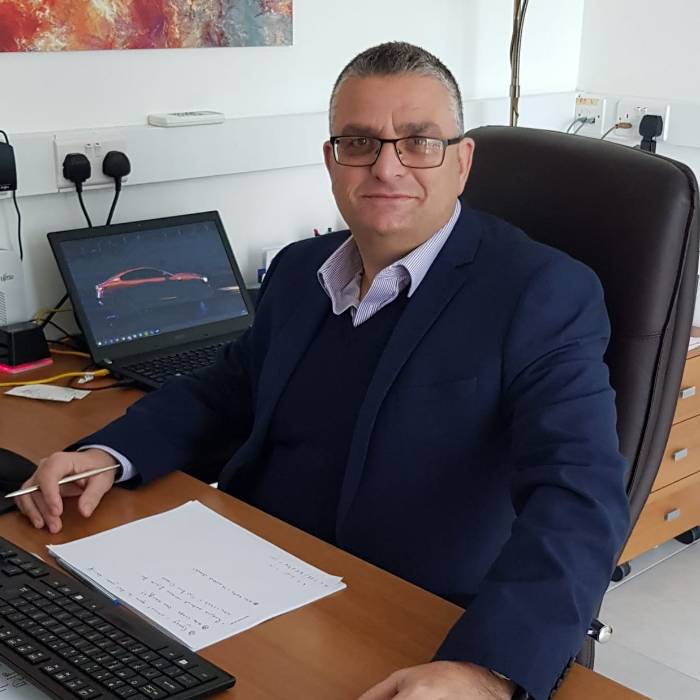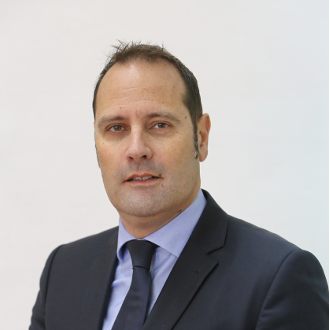Debt collection is not a topic that often comes up for public discussion in business circles.
Whether because it is uncomfortable, perceived as impolite, or simply reveals too much about the business, that type of conversation is reserved for private chats.
In this setting, in confidence, the task posed by the necessary collection of dues takes on a different hue, becoming the subject of long-winded tales resembling the structure of a spaghetti western, with the speaker often playing up the inconvenience and humble-bragging their way through the story of how they made Twanny or Ċensu pay up.
It’s an enforcement of one’s will, backed up by the legal certainty emerging from one’s contract, and is, in many respects, akin to a hunt or a fight.
Ideally, however, credit management starts earlier, before a customer is ever even permitted to carry away a product or receive a service against anything but cash.
Credit management, in fact, is an umbrella term for the whole process, from determining whether to extend credit to a customer, and under what terms, to ensuring payment, even when there is a breakdown in the relationship for any reason.
During a panel discussion at the recent annual conference of the Malta Association of Credit Management (MACM), the collection of dues took centre stage, with Richard Padovani, director of Credit Mediation Services Malta, and Stefan Camilleri, founding partner at Camilleri Cassar Advocates, discussing the subject in detail.
Panel moderator and MACM founder and director general Josef Busuttil opened the conversation by describing late payments as a “major concern” for Maltese businesses.
Richard Padovani, director of Credit Mediation Services Malta, singled out the influx of foreigners and an increase in social issues are particular pain points for the collection of dues.
“We have seen many foreigners disappearing and leaving debt behind,” he said, recounting how his company’s field agents have found themselves knocking on doors only to find that the debtor in question never even lived there.

“We go to the registered company address, often at a company services provider, and get informed that the provider is also owed money.”
He lamented the fact that “there is very little that can be done” at that stage, underscoring the importance businesses should place on knowing their customers well before extending credit to them.
Turning to the social difficulties mentioned, Mr Padovani argued that the economic boom of the last decade has papered over an increasing number of problems, from crime to delinquency to difficult family situations that make the collection of dues very difficult.
“If a person has nothing, or can hardly afford a €20 monthly repayment against a debt of thousands of euro, we, and our clients seeking redress, get stuck between a rock and a hard place,” he said.
“Confronting the human aspect is one of the biggest challenges we face.”
Turning to the court system, Mr Padovani decried the judicial process whereby the creditor must start the notification process all over again after an executive warrants has been obtained and the funds have been frozen by the court.
“It’s laborious and costly,” he said, although his claim as to the unfairness of the procedure was contested by Dr Camilleri, who argued that, while annoying to the creditor, the system ensures that justice gets done without error.
“Over here, we are all looking at one side of the equation,” he told attendees, “but the court is there to look at both sides.”

Worse, according to Dr Camilleri, is the “mind-boggling” system that limits the delivery of notifications to be done through the court’s channels, including through the sending of court marshals.
However, an EU directive stipulates that a courier with a registered letter is an appropriate way of notifying defendants, leading to the ironic situation where it is often easier and quicker to serve papers to debtors abroad.
Dr Camilleri stressed on the importance of enforcement: “It is useless to get a judgement if you can’t cash it,” he said.
On this subject, both Mr Padovani and Dr Camilleri agreed that the due diligence companies conduct before extending credit needs to be extensive and intensive.
“I have seen a case where a client’s defaulting debtor was found to have nothing – nothing whatsoever that could be used to make up part of the payment,” recounted Dr Camilleri.
While certainly unfortunate, the pair took the opportunity to remind the gathered delegates to do their homework – and do it well – to avoid unnecessary grief.
“It is no use crying over spilled milk,” they concluded.
Malta’s youth population down by 15,000 in 10 years: What does this mean for the labour market?
'The challenge today goes beyond attracting talent – it’s about retaining it'
Self-employed, employees and companies contribute €2.1 billion in 2023
Parliamentary data reveals five-year growth trends in fiscal contributions
MBB urges caution over EU’s 2040 climate targets, citing risks for Maltese businesses
'The proposed target presents both opportunities and challenges'






